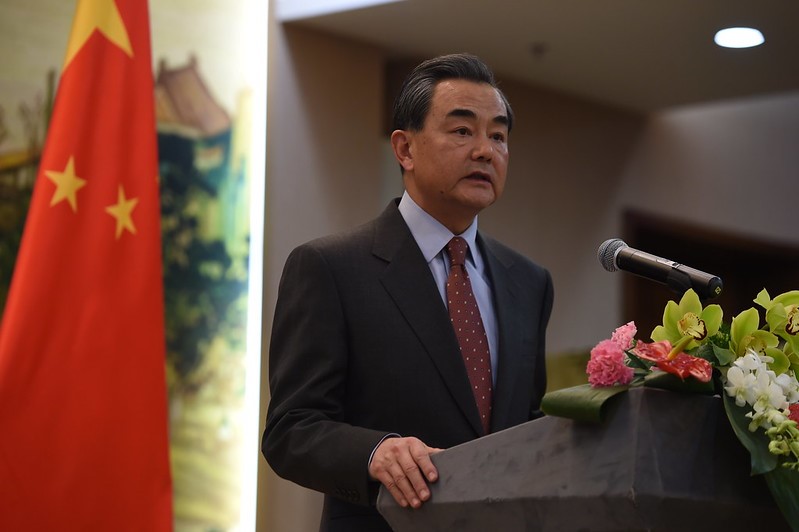Traversing Xinjiang: A Chinese Colonial Space
By Mushtaq A. Kaw
March 9, 2022
The recent U.S. ban on Xinjiang imports in reaction to the "widespread, state sponsored forced labor" and "mass detention" of the ethnic Muslim minorities in China’s far-western and strategically important Xinjiang province denotes a marked U.S. contribution to the international protest against Chinese human rights abuses in Xinjiang. However, international opposition is unlikely to make any dent on China, which has an ambitious colonial agenda to accomplish in the disputed region.
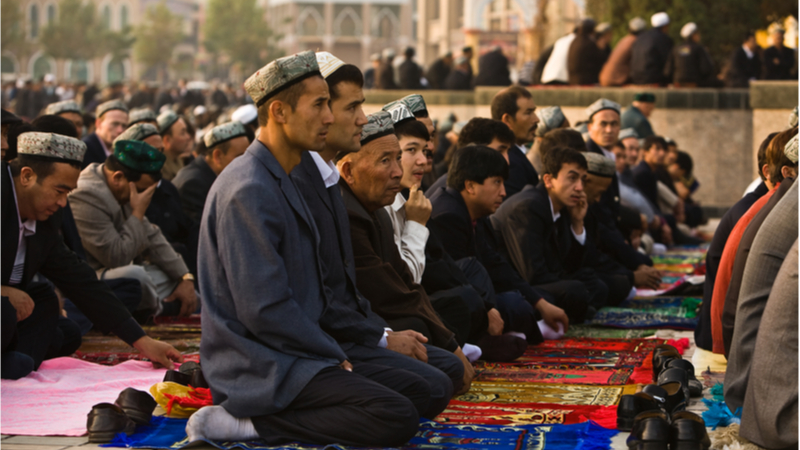
A Steadily Tightening Embrace: China’s Ascent in Central Asia and the Caucasus
A Steadily Tightening Embrace: China’s Ascent in Central Asia and the Caucasus
By: Raffaello Pantucci
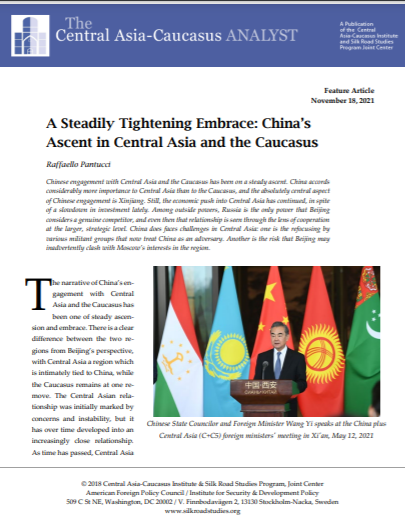 Chinese engagement with Central Asia and the Caucasus has been on a steady ascent.China accords considerably more importance to Central Asia than to the Caucasus, and theabsolutely central aspect of Chinese engagement is Xinjiang. Still, the economic push intoCentral Asia has continued, in spite of a slowdown in investment lately. Among outsidepowers, Russia is the only power that Beijing considers a genuine competitor, and even then that relationship is seen through the lens of cooperation at the larger, strategic level. China does faces challenges in Central Asia: one is the refocusing by various militant groups that now treat China as an adversary. Another is the risk that Beijing may inadvertently clash with Moscow’s interests in the region.
Chinese engagement with Central Asia and the Caucasus has been on a steady ascent.China accords considerably more importance to Central Asia than to the Caucasus, and theabsolutely central aspect of Chinese engagement is Xinjiang. Still, the economic push intoCentral Asia has continued, in spite of a slowdown in investment lately. Among outsidepowers, Russia is the only power that Beijing considers a genuine competitor, and even then that relationship is seen through the lens of cooperation at the larger, strategic level. China does faces challenges in Central Asia: one is the refocusing by various militant groups that now treat China as an adversary. Another is the risk that Beijing may inadvertently clash with Moscow’s interests in the region.
Explaining the Kyrgyz-Tajik Border Clash: Hypotheses in Search of Corroboration
By Richard Weitz
July 14, 2021, the CACI Analyst
A century ago, the Italian author Luigi Pirandello wrote a three-act play entitled “Six Characters in Search of an Author,” which explored the difficulty of differentiating between illusion and reality. The analyst of the recent border clash between Kyrgyzstan and Tajikistan faces the same challenge. The event, which saw the most serious fighting between independent Central Asian republics, offers several plausible explanations with divergent policy implications.
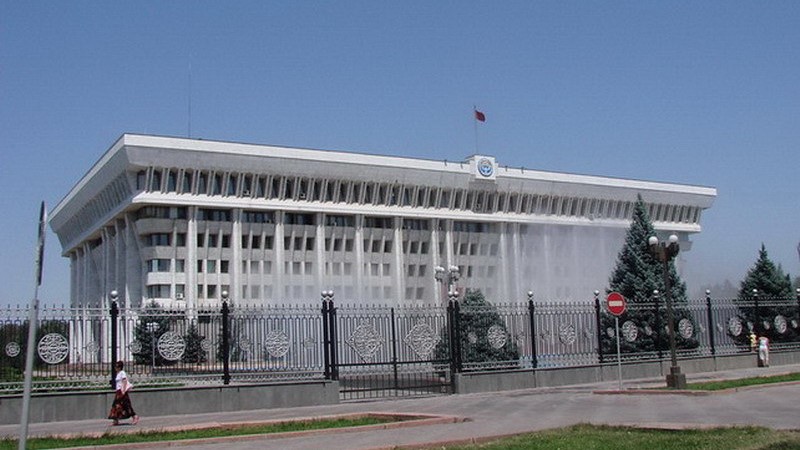
Genocide Against the Uyghyrs: The Reaction of the World
By Ruth Ingram
April 16, 2021, the CACI Analyst
Reports of atrocities against the Turkic people of Northwestern China have been increasing in number since news of internment camps first hit the headlines in 2017. Calls have been growing to call these out as acts of genocide. However, the jury is still out. Activists and governments were initially content to label the catalogue of brutality “crimes against humanity,” and a “cultural genocide,” but as revelations of systematic intent by the Chinese Communist Party (CCP) have gained traction, pressure is mounting to label it a full-blown genocide.
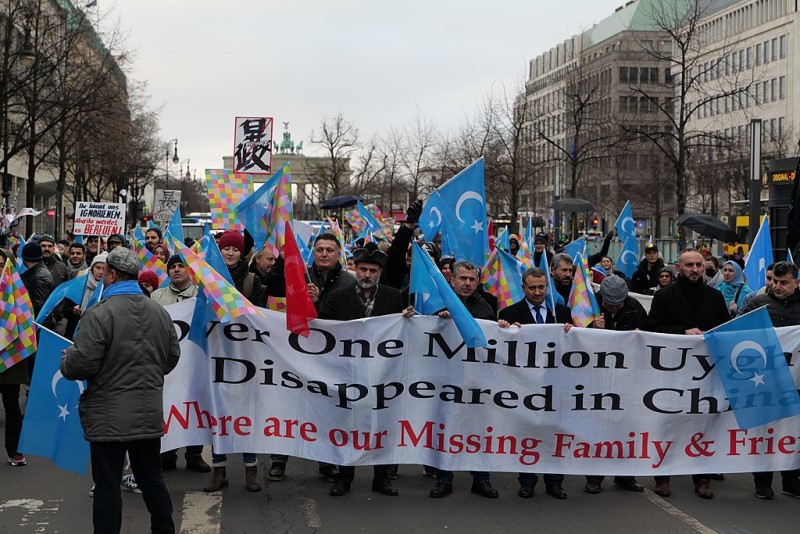
China Places Central Asia in its Gunsights
By Stephen Blank
December 14, 2020, the CACI Analyst
China has offered the Taliban investments in energy and infrastructure projects in return for the conclusion of a peace deal with the government in Kabul. In return for peace, China would commence building a major six-lane highway road network across Afghanistan. This road network would facilitate regional trade with Central Asia and permit direct land access from China to Iran. However, this network would also serve as a means for China to project direct force into Afghanistan, Central Asia, or Iran if needed.
